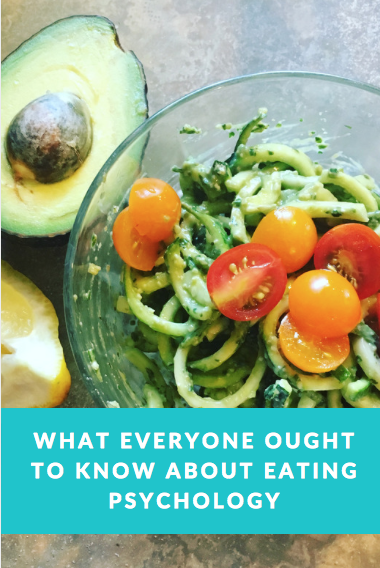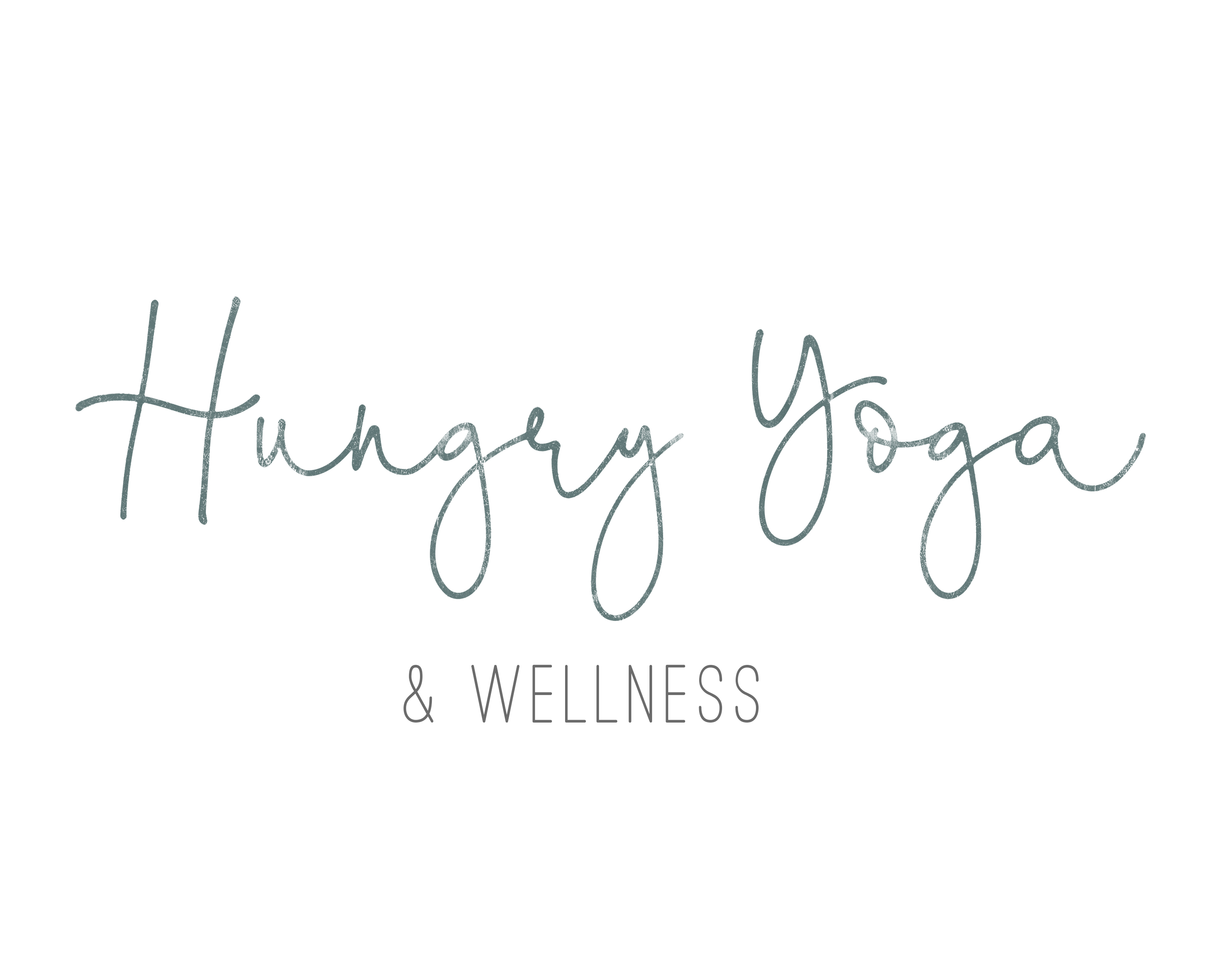
Thank you so much for taking time out of your day to be here. If you don’t already know my name is Macy and I’m the sole coach and owner of Hungryoga. The health and wellness platform that advocates yoga, mindful movement, eating psychology, lifestyle design, and conscious business. ~ Today I’m here to share with you in the realm of Eating Psychology.
I chose Eating Psychology today because I realize it’s a newer term that’s been buzzing around the last couple years. I was blessed enough to be in one of the first coaches from the Institute for Psychology of Eating. I’m super excited to share some nuggets of wisdom with you. My goal is to inform you about what I think Everyone Ought to Know About Eating Psychology.
Eating Psychology – What You Should Know
WHY I think everyone needs to know this?
- Some of you may relate to almost being too smart and know almost too much about nutrition. It can end up just making you feel less than. You’re not able to follow all the rules, and eat all the best foods all the time. You get stuck in perfectionism. You look to “experts” to try and “fix” whatever food system you are trying to follow.
- Maybe you are getting hung up in the fact that you simply don’t have the willpower to stay on a diet. You should be able to do it but you just can’t. If only you could control what goes into your mouth then you would have the body you want and you’d be happy.
- And I know for certain many of you have negative thoughts about yourself running in the back of your mind 24/7. Thoughts such as, ‘omg I can’t eat that it’s so bad for me (but then 5 seconds later you are eating it with regret)’. OR ‘I’m so lazy, I hate the gym, but I have to workout or else I’ll get even fatter’. OR ‘I want to get seconds but tell yourself you can’t so then you don’t. Then all you’re left with is an intense need to eat more so you binge on cookies or eat out of your pantry standing up.
WHAT I want you to know is that:
- There are so many amazing tools and resources and experts out there to help inform us about health and nutrition and fitness. BUT the experts don’t know it all. They probably had a transformational experience of their own which made them very passionate about that certain way of being. Just because they had this success doesn’t mean that it’s going to work for you – but maybe it will! It may be for a short while or a long while. The only way to know for certain what works and what doesn’t is to follow your own body wisdom and experiment with different ways of being. Keep this open mind and act as your own scientist in the realm of health and nutrition. This is the key to your own health and happiness. It’s all really just a big experiment, and there’s not ONE right way to eat – everyone is different.
- Be passionate, research and read different techniques, methods, and hear the ‘experts’ out – I mean they do what they do because they love it – and they have had a very personal transformation from the beliefs they teach – But in order to not get stuck within ‘perfectionism’ and trying to model after someone else – make your own rules – experiment – and tune into your inner body wisdom.
For example: I know that the most common food sensitivities come from wheat, dairy, corn, and soy. I started to notice how I felt after eating these certain foods. I realized I don’t really like to drink cow’s milk anymore, whole kernels of corn make my tummy hurt, and damn it to hell I love pizza but I generally don’t feel the best after consuming it.
I made my own simple shifts: I love almond milk and coconut milk, canned corn really isn’t worth it anyways but put a cob in front of me and watch me work, and my love for pizza is usually thin crust and I love adding in a side salad so I have a better macronutrient balance.
- All of those unwanted symptoms. I want you to embrace them. Be grateful that they will lead you to a more fulfilled life. They are a challenge to step up. Evolve into a better version of yourself. One that is embodied. One that knows its boundaries. One that isn’t afraid to make changes in order to feel better. More supported. More grounded.
- When you struggle with food and body. Maybe emotionally eat, hate your body, not feel comfortable or confident, eat low quality food, overeat, binge drink alcohol, simply feel helpless, out of control…. All these issues are leading you to something deeper. There’s a much bigger lesson behind all of these self-imposed stressors than just telling you to lose weight and be prettier.
- Those toxic thoughts and beliefs about yourself will hurt you just as much as the toxins that are found in the food that you stress about. The thoughts you think as you eat affect the way you metabolize food. The way you talk to yourself, the way you visualize your body, is the exact reality that you create. You make assumptions about a certain way to eat, instead of tune in and listen to what you really want, how it makes you feel, and being able to enjoy the experience and MOVE ON!
Some questions you can ask yourself are:
If there was a deeper meaning behind all of my eating challenges, what would it be?
Is this unwanted symptom actually a gift in disguise?
In what ways can I be more kind to myself?
Can I be a better person?
Should I listen to what my body truly desires?
- Challenge the thoughts that create stress or suffering – because almost always – the opposite is also true. So just because you think it, doesn’t mean it has to be your reality.
For example: You may feel like “Food is my enemy” – and rightfully so if it causes you this much life energy and guilt and shame. But isn’t the opposite of that also true? “Food is my ally” – I mean it was literally the first relationship you ever had in this world, and you can’t live without it.
Can you imagine if you were able to truly listen to your inner wisdom?
You knew through experimentation what food and routine and lifestyle made you the best and truest version of you.
And when unwanted symptoms appeared you didn’t push them away, or ignore them, or feel like a victim. You welcomed them in, became very curious as to why they were there and what was their underlying purpose. This made you compassionate towards yourself and others who are struggling just like you.
AND – when your mind starts to be mean, you question those thoughts, and realize that that’s not completely true, and that the opposite is also true.
I hope you found this helpful. Please comment with any questions or feedback, I would love to hear from you.
Right now I have 4 spots open in my Eating Psychology Coaching Program. If this info really resonated with you, and you want to go deeper – the first step is setting up a Discovery Coaching Call with me. Just this call alone is very powerful and can give you a great sense of relief and clarity. It’s my passion and mission to help anyone struggling with food and body, and to give them a realistic approach that will empower and educate their mind, body, and soul.
All my love to you,
Namaste
